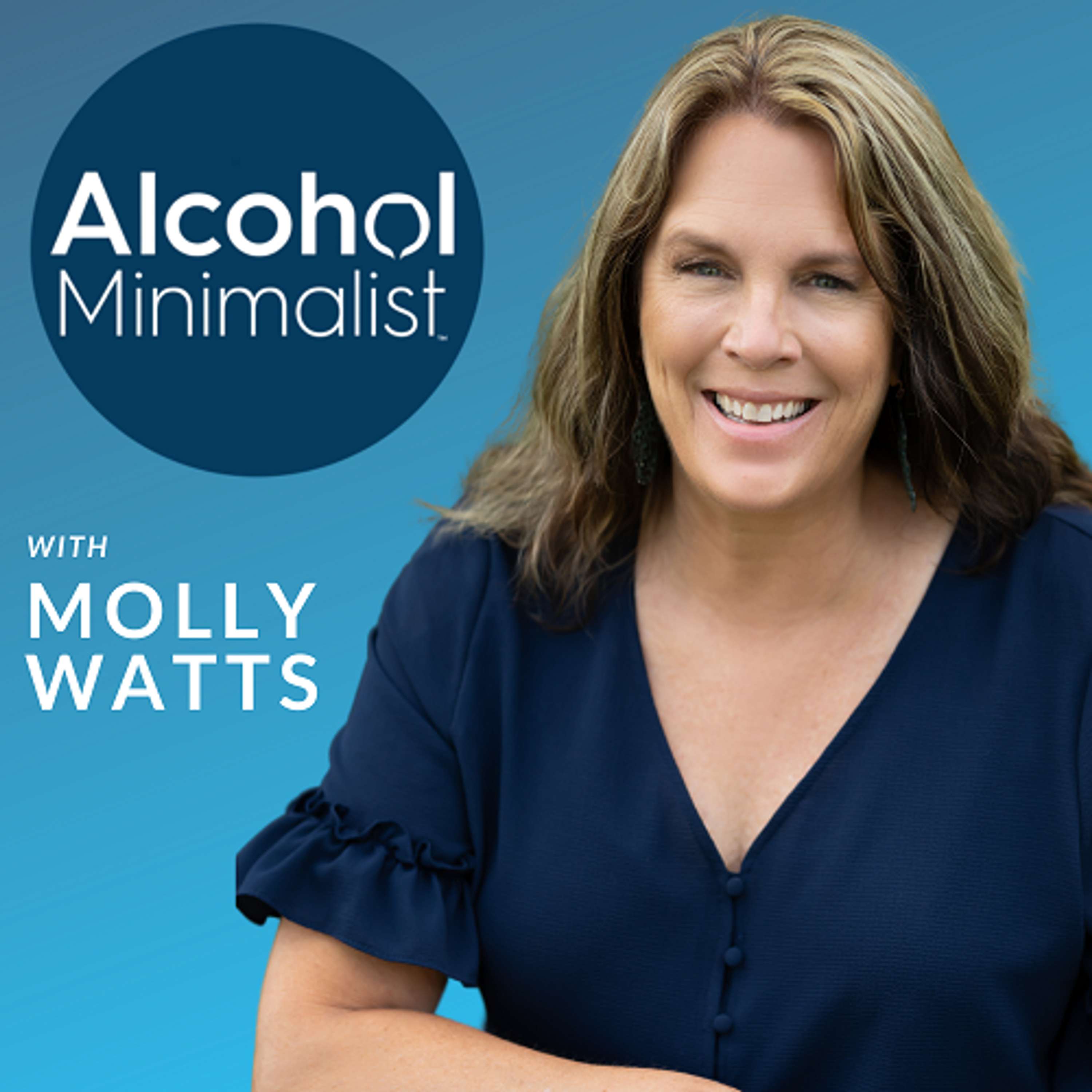
Hello Sleep with Dr. Jade Wu

Alcohol Minimalist: Change Your Drinking Habits!
Shownotes Transcript
This week I'm thrilled to be sharing my conversation with Dr. Jade Wu. In honor of Better Sleep Month in May, I wanted to kick off the month sharing Dr. Wu's wonderful new book "Hello Sleep".
Our conversation touches on alcohol but mostly we're talking about myths surrounding sleep and strategies for helping you get to sleep easier...hint hint: alcohol is not the answer!
Learn more about Dr. Jade Wu: https://drjadewu.com/)
Buy Breaking the Bottle Legacy: How to Change Your Drinking Habits and Create A Peaceful Relationship with** Alcohol on Amazon**) or most online retailers.
Join my private FB group Alcohol Minimalists here: https://www.facebook.com/groups/changeyouralcoholhabit)
Has this podcast helped you? Please leave a review wherever you listen to podcasts!
This week on the podcast I'm talking about what causes your drinking...and why alcohol isn't the problem.
Follow me on Instagram: @AlcoholMinimalist
Have you grabbed your free e-book, "Alcohol Truths: How Much is Safe?" Get it here. )
Low risk drinking guidelines from the NIAAA:
Healthy men under 65:
No more than 4 drinks in one day and no more than 14 drinks per week.
Healthy women (all ages) and healthy men 65 and older: No more than 3 drinks in one day and no more than 7 drinks per week.
One drink is defined as 12 ounces of beer, 5 ounces of wine, or 1.5 ounces of 80-proof liquor. So remember that a mixed drink or full glass of wine are probably more than one drink.
Abstinence from alcohol Abstinence from alcohol is the best choice for people who take medication(s) that interact with alcohol, have health conditions that could be exacerbated by alcohol (e.g. liver disease), are pregnant or may become pregnant or have had a problem with alcohol or another substance in the past.
Benefits of “low-risk” drinking Following these guidelines reduces the risk of health problems such as cancer, liver disease, reduced immunity, ulcers, sleep problems, complications of existing conditions, and more. It also reduces the risk of depression, social problems, and difficulties at school or work.
If you' are unsure about whether or not you have alcohol use disorder, please visit the NIAAA) for more information.
** ★ Support this podcast ★) **